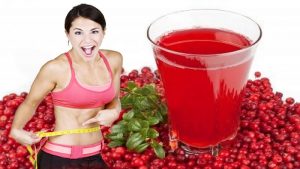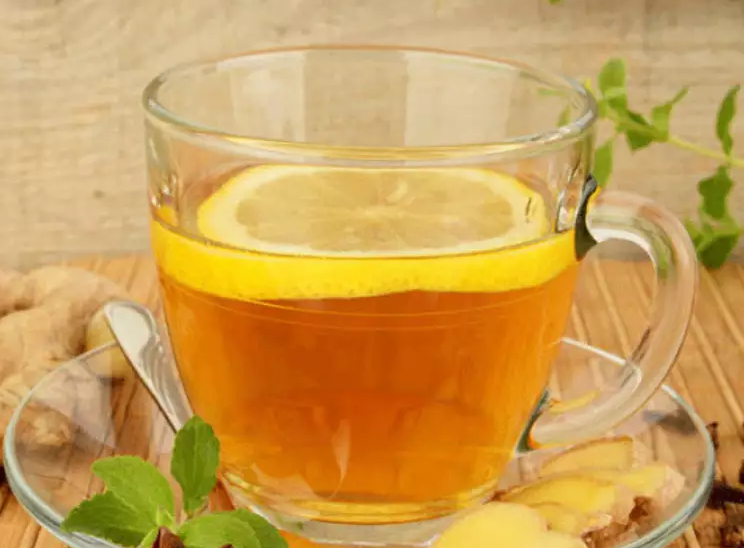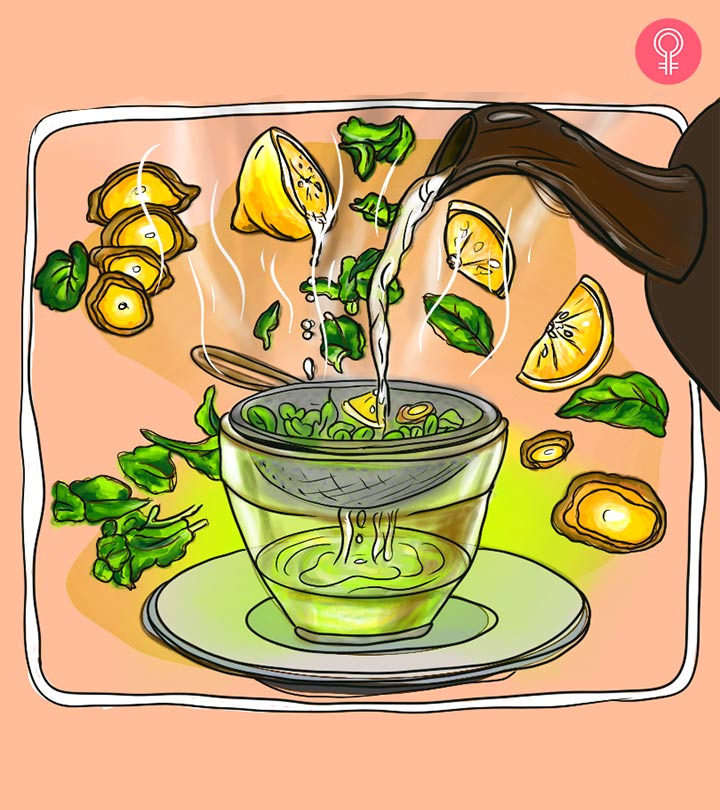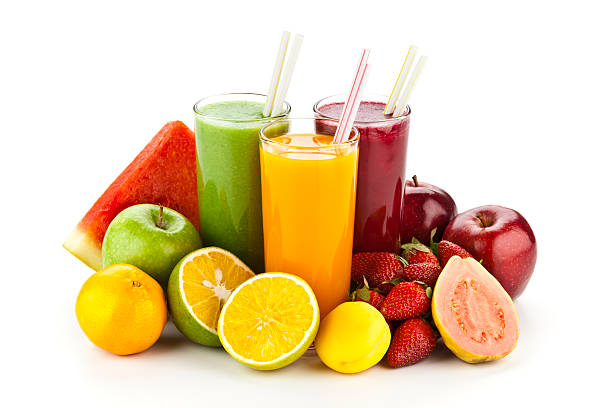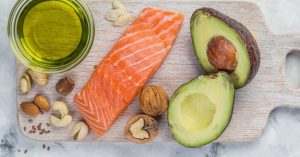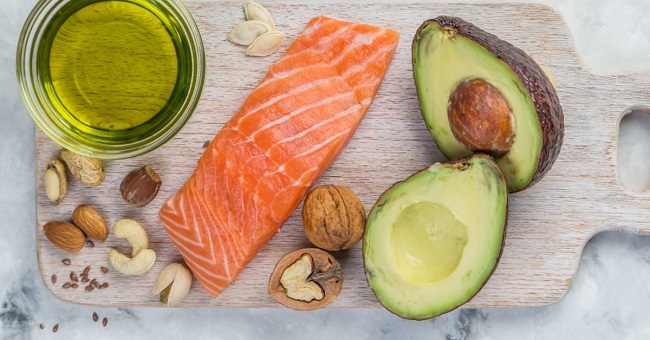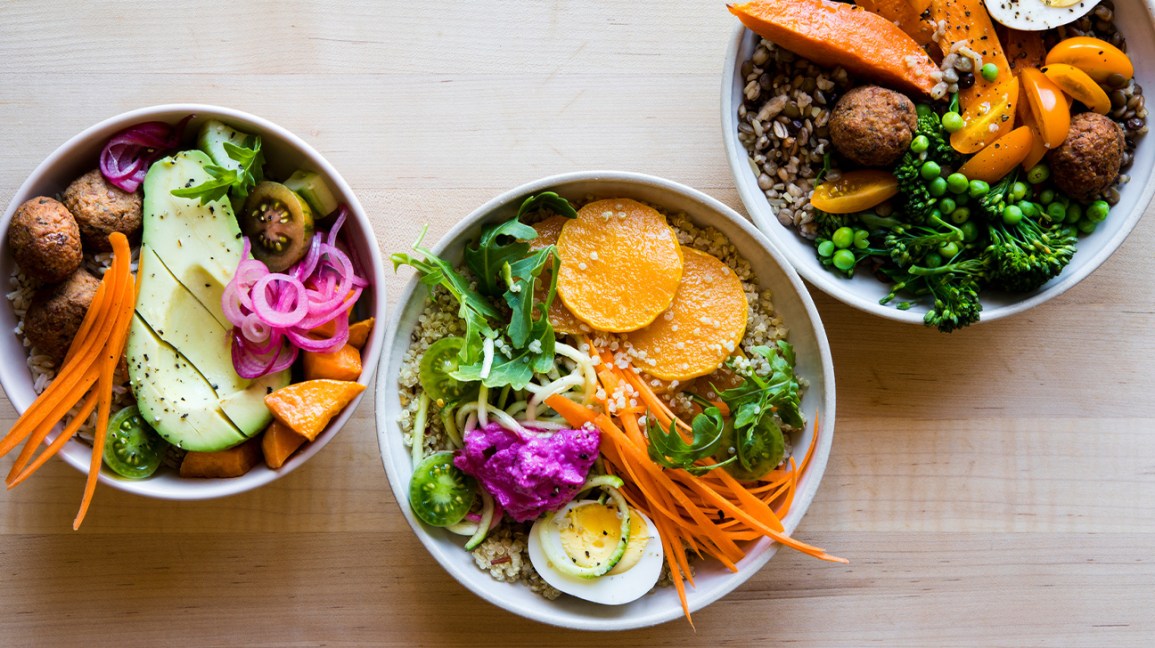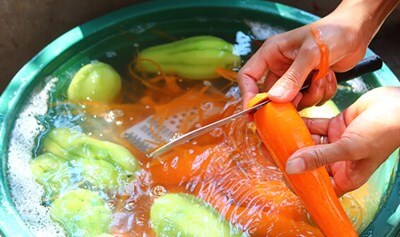
How Does Air Pollution Affect Your Baby’s Health? It’s normal to worry about the quality of the air your darling child is breathing while you hold them in your arms. Like many other parents, you are concerned about the dangers air pollution poses to your baby’s developing lungs. However, there is still hope. There are precautions you may take to keep your little angel safe, even though the thought of contaminants endangering their health is upsetting.
This blog will discuss how air pollution can cause congestion in babies and, more significantly, provide doable ways to ease your baby’s breathing. Let’s work together to overcome this obstacle and make your child’s environment healthier so they can flourish.
How Does Air Pollution Affect Your Baby’s Health?

Is their health being negatively impacted by the air they breathe in silence? Air pollution can have serious and enduring impacts on babies, particularly when it comes to respiratory problems.
1. Pregnancy and Exposure in Early Life
The adventure of your child starts long before they are born. Surprisingly, low birth weight and, in extreme situations, stillbirth are linked to exposure to air pollution during pregnancy. Monitoring the quality of the air before your kid breathes for the first time is crucial since this early exposure might set the stage for future health issues.
2. Respiratory Health and Traffic Pollution
When your child comes, they start engaging with their surroundings. However, asthma and other respiratory disorders can become more likely when exposed to high amounts of air pollution and traffic. Every parent’s worst fear is seeing their child struggle to breathe, which is why it’s so important to know how air pollution affects infants in order to keep them healthy.
3. Effects on Allergies Over Time
Beyond infancy, your baby’s health journey continues. Both before and after birth, ongoing exposure to air pollution can raise the risk and intensity of allergies and other immune-related conditions. The long-term health of your infant is greatly impacted by the air quality in and around your home.
You can better establish a healthier environment for your darling child if you understand the link between allergies and air pollution in babies. Their respiratory health can be greatly improved by raising awareness and taking preventative action.
Additional Reading: best lactation consultant Lucknow
Ways to Reduce Air Pollution-Related Baby Congestion
Naturally, as a concerned parent, you’re worried about how air pollution affects infants, particularly when it comes to traffic. Don’t worry, though; there are a number of easy and efficient techniques to relieve infant congestion, which will make it simpler for your little pumpkin to breathe and be comfortable.
Make the Air More Humid
Using a cool-mist humidifier in your baby’s nursery is one of the easiest fixes. Your child can breathe more easily since the extra wetness helps to break up mucus. To produce a calming atmosphere that encourages better sleep and easier breathing, place the humidifier next to the crib but out of reach.
Drops of Saline for Organic Relief
If your infant has a stuffy nose, gentle saline drops can help a lot. The mucus is diluted by these drops, which facilitates its removal. Put a few drops in each nostril while tilting your baby’s head back a little. This all-natural solution can relieve congestion quickly and safely.
Standing Up Straight After Eating
Another way to lessen congestion is to keep your infant upright for around half an hour after feeding. Your kid will breathe more easily in this position because it helps keep mucus from collecting in the back of the throat.
FAQs
Can babies who are exposed to air pollution develop congestion?
Yes. Indeed, babies who are exposed to air pollution may develop congestion. Their delicate lungs may become irritated by the dangerous particles in contaminated air, producing more mucus and making it difficult for them to breathe comfortably.
How might babies with congestion benefit from nasal relief patches?
Yes. Babies with congestion may benefit greatly from nasal comfort patches. Babies can breathe more easily because to the calming vapors released by these patches, which clear nasal passages. For babies, they are secure and soft.
Can babies safely use nasal relief patches?
Yes. Yes, when used as prescribed, nasal relief patches are usually safe for newborns. They offer a gentle method of relieving congestion and are made especially for newborns. But before you use any new product on your kid, it’s essential to consult a doctor.
What are the typical signs of air pollution in infants?
Yes. Babies who are exposed to air pollution frequently experience stuffy noses, breathing difficulties, coughing, and increased irritability. If you observe these symptoms, the air quality may be the cause.
How can I lessen the harm that air pollution does to my unborn child?
Yes. You can lessen the harm that air pollution does to your unborn child by:
- To improve breathing and add moisture to the air, use a humidifier.
- Use saline drops to alleviate stuffy noses and thin mucus.
- To avoid mucus buildup, keep your infant upright for approximately half an hour after feeding.
- For instant comfort, apply nasal relief patches.
- Keep an eye on the local air quality and avoid going outside on days when pollution levels are high.
- These actions can help make your baby’s surroundings healthier.

